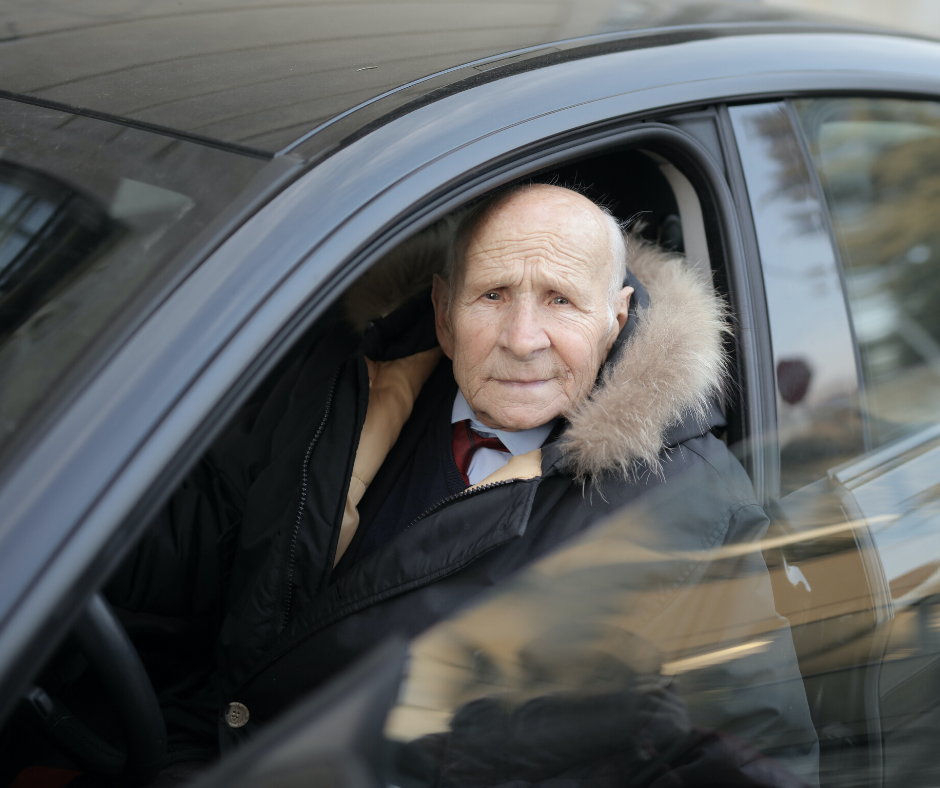 Many elders with very early-stage dementia may still drive without being a danger to themselves or to others. One of the most difficult challenges families face is: When do you take the car keys away? If you do it too early, you’re depriving your loved one of the independence they treasure. If you do it too late, you are putting your elder, and everyone else on the road, in danger. Recently, a paper was published in the scientific journal Neurology, trying to outline guidelines for gauging driving risk in patients with dementia.
Many elders with very early-stage dementia may still drive without being a danger to themselves or to others. One of the most difficult challenges families face is: When do you take the car keys away? If you do it too early, you’re depriving your loved one of the independence they treasure. If you do it too late, you are putting your elder, and everyone else on the road, in danger. Recently, a paper was published in the scientific journal Neurology, trying to outline guidelines for gauging driving risk in patients with dementia.
Here are some things the research recommends considering: • Where does the elder fall on the Clinical Dementia Rating Scale? • Does the elder’s caregiver judge the patient’s driving to be marginal, or unsafe? • Does the elder have a history of crashes or moving citations? • Has the elder stopped driving as much? Or, does the elder try to avoid certain driving situations? • Does the patient score less than 24 on the Mini Mental State Examination?
Here are things the researchers found NOT to be useful in gauging an elder’s driving safety: • An elder’s self-report of driving ability. • The fact that an elder does not avoid certain driving situations.
As your loved one ages and his or her dementia progresses, don’t avoid the driving issue. Your elder’s life, and that of some innocent pedestrian or driver, may depend upon it.

Elizabeth (Dr Liz) has over twenty years of experience in providing medical care to the elders. She is board-certified in Internal Medicine, Geriatric Medicine and Palliative Care Medicine. Dr Landsverk founded ElderConsult Geriatric Medicine, a house calls practice, to address the challenging medical and behavioral issues often facing older patients and their families.
